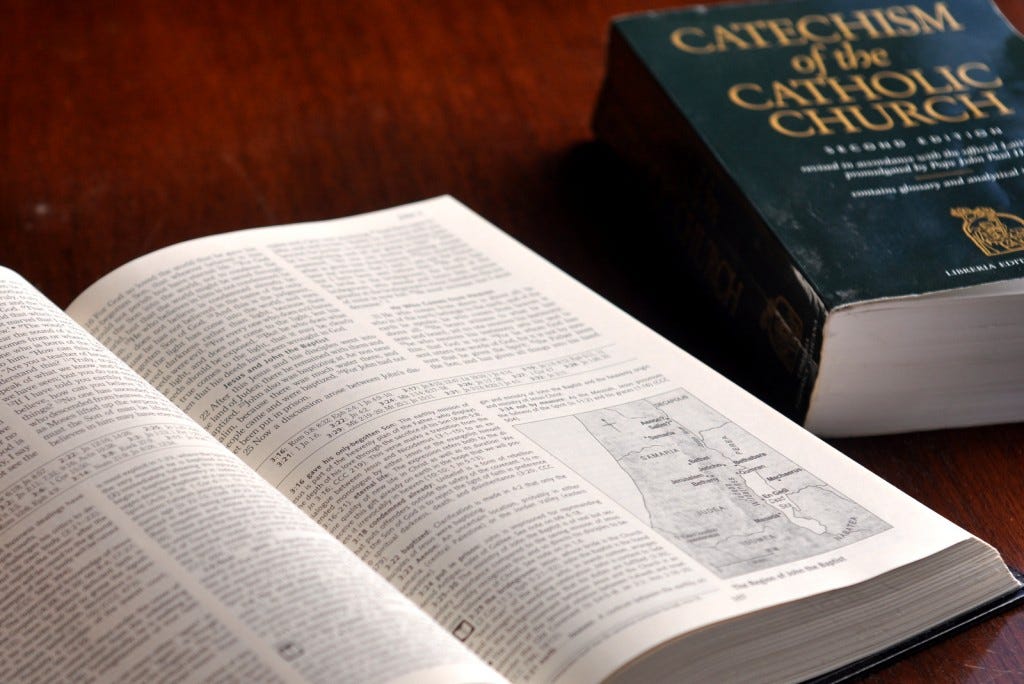
God’s plan for His own self-sacrifice to save His beloved humanity, founded upon His ultimate mercy and love, began to unfold rapidly after the raising of Lazarus from the dead (John 11). After this miraculous and unprecedented event, “the chief priests and the Pharisees gathered the council” (John 11:47). This council decided that Jesus was attracting too many followers and so must be put to death for, as the high priest Caiaphas unwittingly prophesied, “it is expedient for you that one man should die for the people” (John 11:50).
After this Jesus began preparing His disciples for His imminent departure. As He taught and instructed them on the days to come, one theme stood out above the rest—that of praying to the Father in Christ’s name. Why was Jesus so insistent upon this teaching, and what does it mean for us today? The fact that Christ repeats Himself several times alerts us to pay close attention. When the verses are gathered together, the Divine message is quite clear:
Whatever you ask in my name, I will do it, that the Father may be glorified in the Son; if you ask anything in my name, I will do it. If you abide in me, and my works abide in you, ask whatever you will, and it shall be done for you. By this my Father is glorified, that you bear much fruit, and so prove to be my disciples. Go and bear fruit that your fruit should abide; so that whatever you ask the Father in my name, He may give it to you. Truly, truly, I say to you, if you ask anything of the Father, He will give it to you in my name. Until now you have asked nothing in my name; ask, and you will receive, that your joy may be full (John 14:13-14; 15:7-8,16; 16:23-24).
When read as one passage, these verses seem repetitive—and that’s the point. It becomes clear that in His final days, Jesus felt the urgent need to stress, again and again—and yet again—the essential nature of prayer. When our prayers are united with Jesus—in His name—they must, by necessity, be in alignment with Divine Will.
It would be false to pray for superficial things in Jesus’ name, such as asking to win the lottery. A prayer like that would, in fact, be blasphemy, a direct violation of the third commandment, “You shall not take the name of the Lord your God in vain; for the Lord will not hold him guiltless who takes his name in vain” (Ex. 20:7). This sort of shallow, selfish “prayer” demonstrates a heretical attempt to use Jesus’ name as a sort of “magic spell” for personal gain, which is a hideous abuse of God’s mercy. “To pray in the name of Jesus has nothing to do with a quasi-magical power in pronouncing a name” writes biblical scholar and Jesuit priest Scott M. Lewis. “It means to ask for something with the same mind and heart as Jesus and presupposes abiding in him through the Spirit.”
When prayers are authentic, if we truly abide in Christ so His words will abide in us (John 15:7), then those prayers are from the Counselor, the Spirit Christ has sent (“And I will ask the Father, and He will give you another Counselor, to be with you forever,” John 14:16). It’s the “still small Voice” within (1 Kings 19:12), the inspiration of the Holy Spirit, who guides us to pray for those things God wants for us, those things that are His will. Through prayer we open ourselves to the Spirit whom Christ has sent to be our helper and guide.
The Catechism of the Catholic Church states that “In the Holy Spirit, Christian prayer is a communion of love with the Father, not only through Christ but also in him” (CCC 2614). This manner of surrendering prayer gives us a realization, understanding and acceptance of God’s will for us, as well as the grace-filled joy to want what God wants—no matter what that may be, and however unexpected. By opening ourselves to Christ, by welcoming Him to abide in us and send His Spirit into us, we allow ourselves to come into alignment with Divine Will. God is then glorified, and we begin to “bear much fruit” (John 15:8).
Ending a prayer with “in Jesus’ name I pray” is a personal fiat (Luke 1:38), a confirmation of Jesus’ own suffering and surrender: “Abba, Father, all things are possible to You … yet not what I will, but what You will” (Mark 14:36; see also Luke 22:42). It’s stating that although we’ve made our request with the best of intentions, with a heart full of charity and the hope that our hopes are in alignment with Divine Will, we still recognize that as fallible humans we often do not pray as we ought and need the Holy Spirit to guide and to lead us (Rom. 8:26). “In Jesus’ name I pray” is the same as saying, “I have asked, in full charity, yet I know that Your will for me is far greater and better than my perceived will for myself; not my will, but yours be done.”
It's an open and full acceptance that joy and peace will be given in any and all circumstances, especially if those circumstances don’t end up as we expected (Tobit 8:15-16). If the unexpected happens in response to our prayer, we know that all things work for good for those who love God (Rom. 8:28) because we prayed our fiat—“Behold, I am the handmaid of the Lord; let it be to me according to your Word” (Luke 1:38). This Word of God is the Word made Flesh, the Christ—our Christ.
Before the cruel torture of His death Jesus promised us, in words of eternal hope:
Let not your hearts be troubled; believe in God, believe also in me … Peace I leave you; my peace I give you; not as the world gives do I give to you. Let not your hearts be troubled, neither let them be afraid …in me you may have peace. In the world you have tribulation; but be of good cheer, I have overcome the world … Now I am coming to you; and these things I speak in the world, that they may have joy fulfilled in themselves (John 14:1,27; 16:33; 17:13).

It is through constant prayer, to the Father in Jesus’ name, with the Holy Spirit abiding and guiding, that hope is attained and “[Jesus] is able for all time to save those who draw near to God, through Him, since He always lives to make intercession for them” (Heb. 7:25). Bishop Robert Barron provides us with a stunning visual:
We pray to the Father as though the Son has His arm around our shoulder. The Father sent the Son into our own humanity—into our godforsaken humanity, into our sin and death; so the Son now, with His arm around us, so to speak, helps us pray to the Father. The Holy Spirit is the love that connects the Father and the Son; the Father and the Son never exist apart from the Holy Spirit. In fact, in this prayer we’ve been drawn into the dynamics of the love between the Father and the Son.
When we visualize praying in Jesus’ name as Bishop Barron so eloquently describes, it becomes easy to see the grace-filled gift Christ has given us. Rather than mumbling “in Jesus’ name we pray” in an off-handed, automatic, or rushed fashion, we need to truly live within the words—and allow the Word to live within us.






Amazingly well written!
This is your best yet!!! And very enlightening and inspiring!!!!